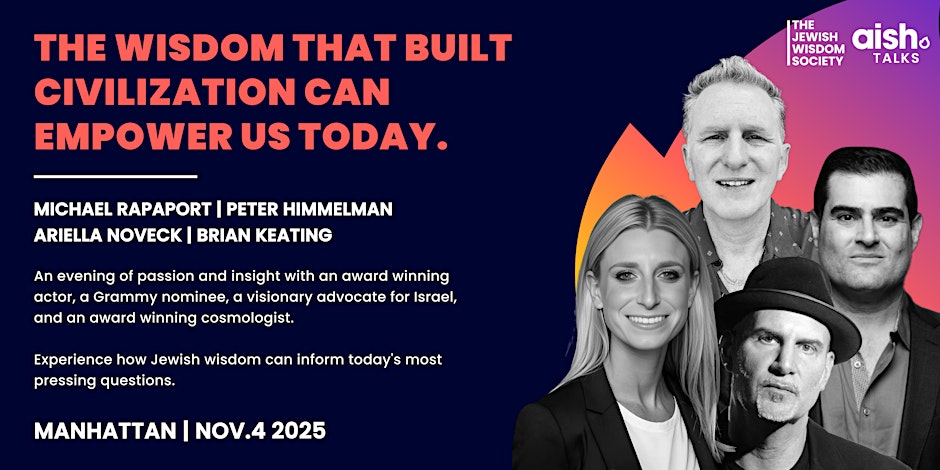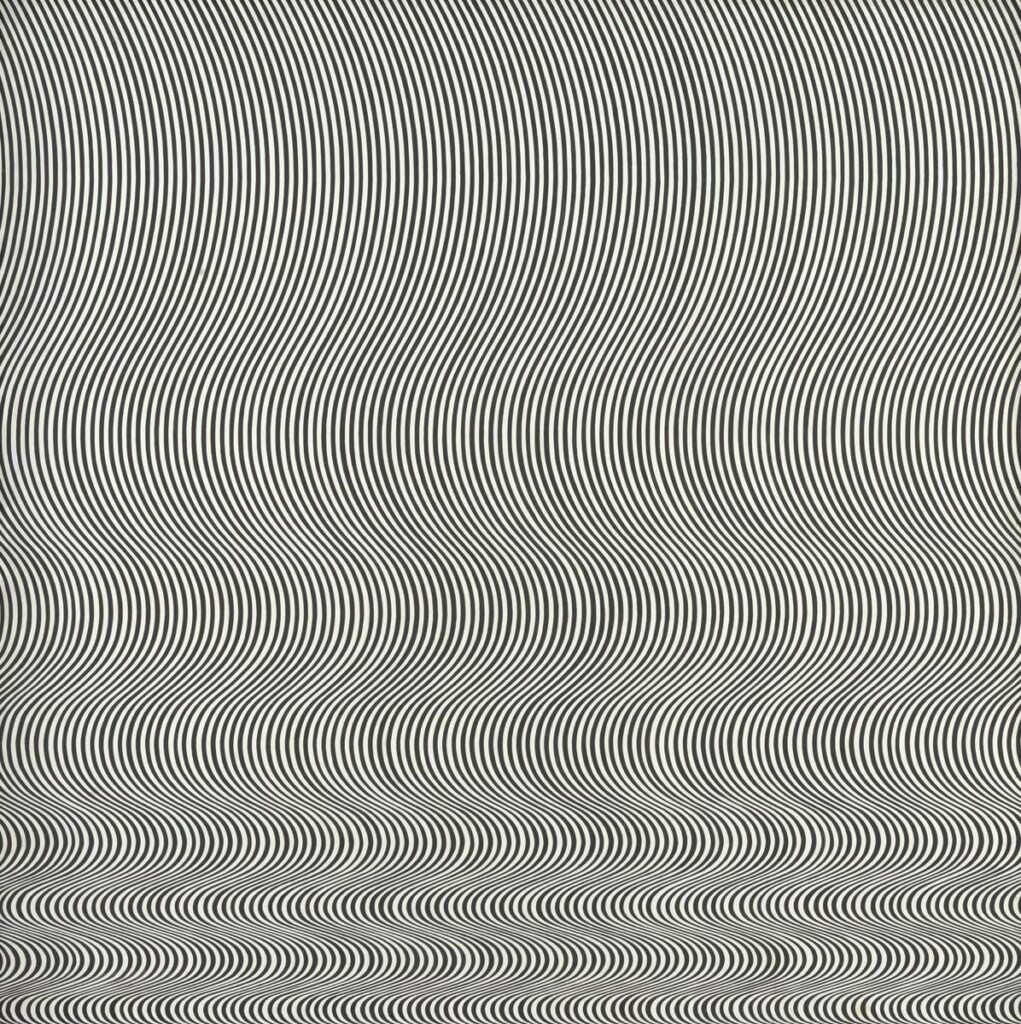Caught between the Moon and New York City (Publishing Houses)
Dear Magicians,
I just got back from my third trip from San Diego to the East Coast in as many weeks. This time, I was in New York City. Maybe for the last time in a long while. The city felt different—edgier, more uncertain, as if the very air was charged with the anxiety of what’s coming next. I stayed on Fifth Avenue, surrounded by the storied facades of publishing houses that once defined literary ambition. It’s impossible not to remember the first time I walked these streets as a newly minted author, contract in hand, head full of the mythology of publishing for my first book, Losing the Nobel Prize.
In 2017, Ind thought I knew what I was walking into—the grand lobbies, the marble, the sense of entering a cathedral of ideas. I imagined myself as a character in the golden age of publishing—editors in tailored suits, writers with ink-stained fingers, the whole city humming with the energy of creation. That’s the story we’re sold, isn’t it? That prestige is substance that the correct address and the right logo on your book spine are a kind of intellectual validation.
Wrong.
The reality was a little different. I remember taking the elevator up to the fiftieth floor, rehearsing my pitch, my gratitude, my best impression of someone who belonged. I asked a security guard for directions to my editor’s office—Jeff Shreve, associate acquiring editor at one of the most respected houses in the world, W.W. Norton. The helpful guard pointed me thusly: “Go around two corners and hang a left. That’s his office”.
I followed his instructions, only to find myself staring at a janitor’s closet. This can’t be right. I thought I’d made a mistake. I hadn’t.
Jeff’s office was, in fact, the janitor’s closet. Broom, mop, cleaning supplies, and all. This was the office of a gatekeeper to my literary legitimacy. The symbolism was almost too on-the-nose. Substance over size? Or just the slow decay of an institution that still trades on its reputation long after the reality has changed?
Within months, Jeff left the firm. He was too smart to stay. He struck out on his own, independent, unencumbered by the trappings of prestige. I was left with a question that still haunts me: What, exactly, are we buying when we chase institutional validation? Is it access? Is it credibility? Or is it just the comfort of a story we want to believe?
You know this feeling. We all do.
The Bonfire of the Gatekeepers
When my first book, Losing the Nobel Prize, finally found a home, it was after nineteen rejections. One publisher said yes. I was elated—briefly. The book sold over 20,000 copies, earned hundreds of reviews, and, most importantly, found its way into the hands of readers who left thoughtful, sometimes life-changing feedback. It changed lives, mine and my readers. But the process left me with a persistent sense of disillusionment.
Here’s what nobody tells you: The most significant benefit of traditional publishing isn’t the prestige, the marketing muscle, or even the editorial guidance. It’s the legal department. I learned this the hard way.
I fought for my title—Losing the Nobel Prize—and won. It’s not a forgone conclusion that a first-time author gets to choose their own title, I would later learn. But I compromised on the cover. The publisher chose a photograph: BICEP2 at the South Pole, under a sky alive with aurora. Beautiful, evocative, and, as it turned out, radioactive.
But the publisher’s legal team discovered they’d bought rights from someone who didn’t own them. The real owner wanted the cover pulled.
Devastating? At first, yes. The publisher had to halt production, recall books, and commission a new cover. For a first-time author, this should have been a career-ending fiasco.
But here’s the twist: Embedded in my contract was a clause I’d barely noticed. Any new edition—paperback, audiobook, revised hardcover—required a new launch, new publicity, and a new book tour. The legal disaster forced a second release, a second round of attention, a second chance. Sales spiked. I landed on major podcasts, including Ben Shapiro’s Sunday Special. The new cover photo, taken by a scientist who actually wintered at the South Pole, was even better.
The Physics of Prestige
There’s a physics to institutional prestige. Like potential energy, it’s stored in the architecture, the rituals, the stories we tell about who gets to belong. But when you open the box—Schrödinger’s publisher, if you will—you find the cat is both alive and dead. The prestige is real, but hollow. The gatekeepers are sharing offices with mops.
Think about that.
We’re trained to believe that the right imprimatur is a kind of career insurance. That if you just get the right logo on your CV, the right publisher on your book, the right journal for your paper, you’ll be safe. But safety is an illusion. The real value is in the work itself—and in your ability to metabolize setbacks into momentum.
After that experience, I chose to self-publish my next three books. Not because I wanted to be a rebel, but because I’d seen behind the curtain. The machinery of prestige is just that—machinery. Sometimes it works. Sometimes it breaks down. But it’s never a substitute for substance.
What Are You Walking Past?
I used to walk past those grand Mad Men-appointed publisher lobbies and feel envy. Now I see them for what they are: monuments to a past that no longer exists. The real work happens in the margins, in the closets, in the places nobody thinks to look. The real value is in the conversations with readers, the honest reviews, the moments when someone tells you your book changed the way they see the world.
Regret has a structure. It’s information. The question is whether you’re willing to use it.
So, what are you walking past? What stories about prestige, legitimacy, or safety are you still buying? What would you do differently if you stopped waiting for permission?
I’m not saying the answer is always self-publishing, or quitting your job, or burning down the system. But I am saying this: The institutions you revere are more fragile, more arbitrary, and more human than you think. And sometimes their foibles do you a real favor.
Until next time, have a M.A.G.I.C. Week,
Brian
Appearance
While in NYC, I presented at Aish Talks, alongside Ariela Noveck and Peter Himmelman, who gave me brief shout out in his wonderful Substack.
In his summary of the AISH NYC event I spoke at last week, musician Peter Himmelman recounts the powerful speech presented by famed actor Michael Rappaport who recounted his effective ban from Hollywood due to his tireless advocacy for Israel post-10/7. He affirmed courage over conformity, criticized extremes left and right, and described a personal return to Jewish practice alongside his wife who converted to Judaism —framing this era as a dangerous inflection point where ordinary people must defend truth and the hostages.
Genius
Past guest Blaise Agüera y Arcas led a genius paper on Google’s Project Suncatcher explores scaling AI compute with solar-powered satellite constellations. They propose a compact, sun-synchronous constellations of TPU-equipped satellites linked by high-bandwidth free-space optics to approach data-center performance while leveraging near-continuous solar power. (A TPU is purpose-built “math” accelerator that emphasizes dense matrix operations.) Early results include 1.6 Tbps bench optical links, models for tightly clustered orbital dynamics, and promising radiation tolerance in Trillium TPUs; with launch costs potentially under $200/kg by mid-2030s, economics look feasible. Next, Google and Planet plan two prototype satellites by early 2027 to test distributed ML and optical links, while tackling challenges like thermal management, ground communications, and on-orbit reliability.
Image
I was transfixed by this illusion brought to my attention by the incomparable editor and friend Allegra Huston .
Conversation
In this episode, Daniel Whiteson and I delve into the philosophical and practical challenges of communicating with extraterrestrial intelligence, especially if their approach to science and math is fundamentally different from ours.
Sponsored
Don’t miss this incredible opportunity to elevate your knowledge and decision-making with Consensus Premium.
Consensus Premium harnesses cutting-edge AI to sift through thousands of research papers, delivering clear, evidence-backed answers to your toughest questions. Whether you’re a curious mind, a scientist, or a student of life, this is your chance to access the world’s best knowledge with zero strings attached.
Sign up for one year for free with code KEATING25 just for listeners of The INTO THE IMPOSSIBLE Podcast!
Upcoming Episode
Upcoming Guest
Nikolay Kukushkin – A Russian-born neuroscientist at NYU, his acclaimed book One Hand Clapping won major nonfiction awards, and his work investigates how time patterns shape memory.
Please send me what you’re most curious about, or submit your questions here: https://tally.so/r/mevW70 ↗




